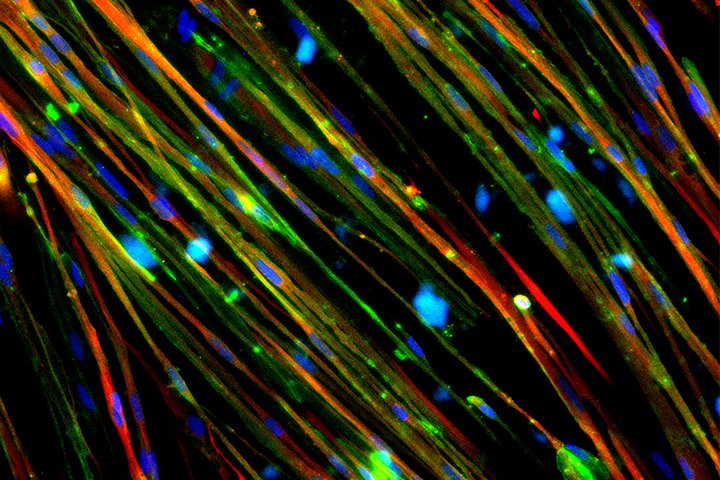Module 8 | Ethical Issues in Stem Cell Research
Introduction and Learning Objectives:
Module 8 introduces the critical ethical, legal, and social implications of stem cell and regenerative-based technologies. As the ethical, legal, and social issues have received significant attention from the public, professionals, and policy makers, it is important for learners to recognize and consider these issues as part of their research and training. Understanding these issues will help each scientist appreciate the ethical, legal, and social aspects of their research and their place within it. Students will discuss the ethics and policies surrounding human embryos, egg donation, gene editing, unproven stem cell interventions, fetal tissue research, and the responsible communication of science to the public. Given the rapid pace at which the field is evolving, the overarching goal of this module is to provide the building blocks on which to evaluate new technologies as they are developed.
At the conclusion of this module, students should be able to:
Appreciate the nuances between ethical theories surrounding the moral status of human embryos;
Describe ethical and social concerns in egg donation;
Distinguish the ethics of somatic versus germline gene editing for therapeutic and enhancement purposes;
Evaluate the individual risks associated with premature commercialization of stem cell clinical applications;
Consider the equitable access to stem cell treatments for patients with serious diseases;
Discuss the implications of novel stem cell technologies to the public in a sensible way balancing its potential and avoiding hype.
Core Concept
Embryo ethics
Ethics of egg donation
Ethics of gene editing
Premature translation of stem cell interventions
Fetal tissue
Access to future stem cell therapies
Responsible communication of science to the public
Module 1 | Introduction to Stem Cell Biology
Module 2 | Introduction to Development
Module 3 | Pluripotency and Preprogramming in vitro
Module 4 | Adult Stem Cells and Regeneration
Module 5 | Directed Differentiation and Transdifferentitation
Module 6 | Leveraging Tools to Study Stem Cell Biology

